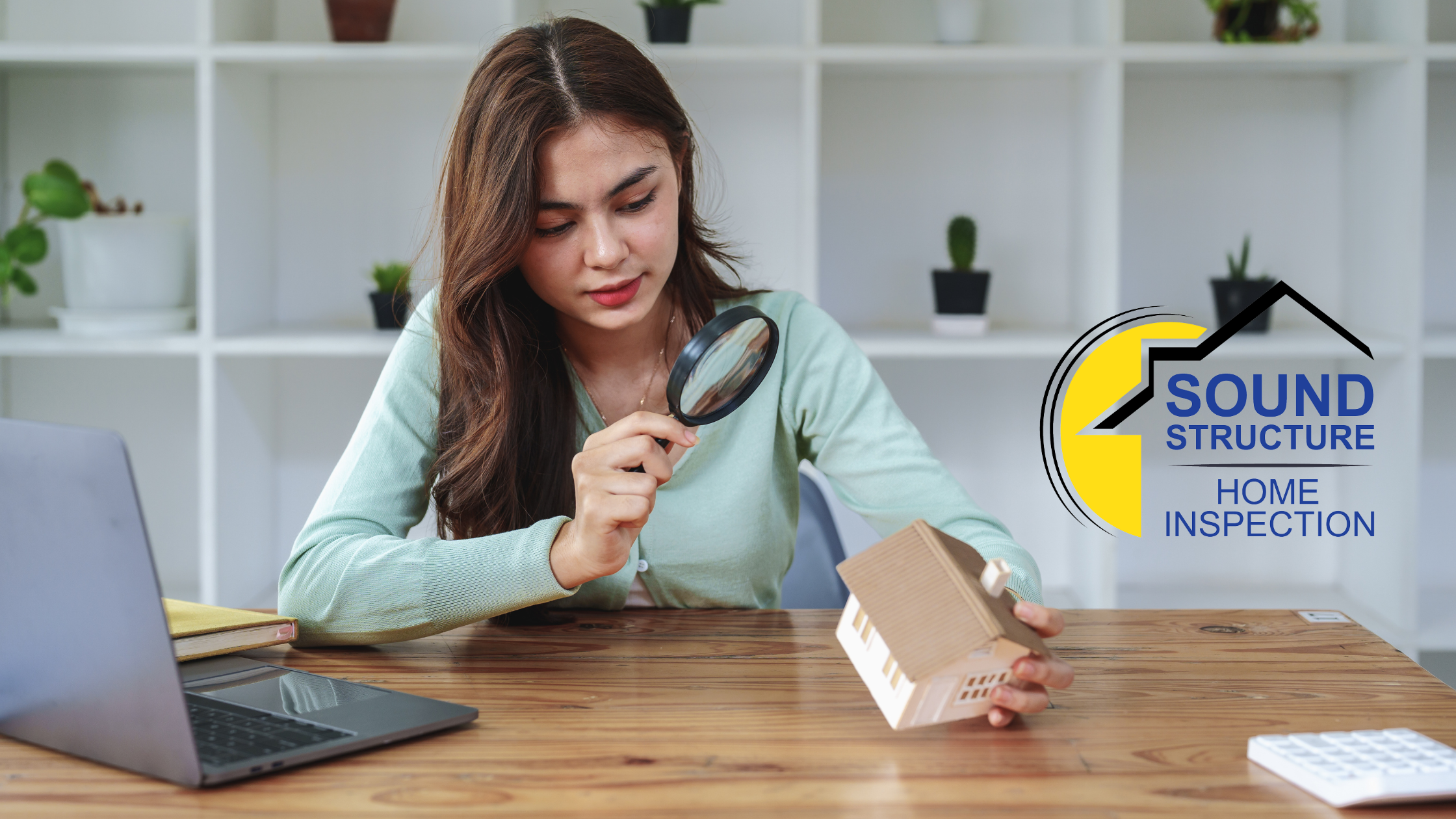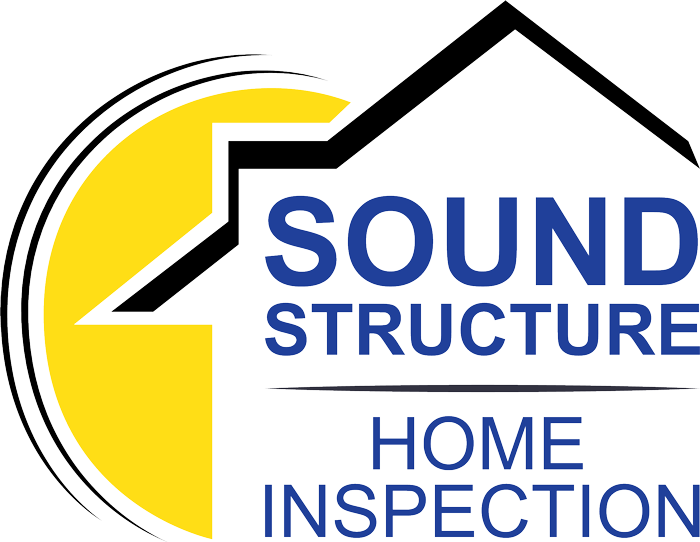
If you are in the market for a new home, or even just considering it, you should know about the things that home inspectors look for. The most important thing is that any potential problems with the house are identified and addressed before you sign on the dotted line. By understanding what to expect from a home inspection, you can be better prepared and avoid any nasty surprises down the road. So what exactly does a home inspector look for? Read on to find out!
1. Roofing – checking for leaks, damage, and proper installation
A roof is one of the most important parts of a house, and it is important to make sure that it is in good condition. Home inspectors will often check the roof for missing shingles, leaks, and other signs of damage. They will also look at the installation of the roof to make sure that it is up to code. In some cases, they may even recommend that the roof be replaced. However, if the roof is in good condition, a home inspector will typically give it a clean bill of health.
2. Exterior walls and trim – inspecting for water damage, holes, and rotting wood
Inspecting the exterior of a house is an important part of any home inspection. This is because the exterior walls and trim are often the first places that water damage, holes, and rotting wood will appear. By checking these areas carefully, home inspectors can often identify potential problems before they become serious. To check for water damage, home inspectors will look for stains on the walls or trim. These stains can be caused by water seeping in through cracks or holes in the exterior. To check for holes and rotting wood, home inspectors will tap on the walls and trim to see if there is any give. They will also look for signs of rotting wood, such as discoloration or mushrooms growing on the surface. By checking the exterior of a house carefully, home inspectors can help to ensure that major problems are identified early on.
3. Windows and doors – looking for cracks, leaks, and improper installation/fit
Windows and doors are an important part of any home inspection. Inspectors will check for glass imperfections, cracks, leaks, and improper installation. These problems can lead to security issues, energy loss, and water damage. In addition, windows and doors are often the first places that pests will enter a home. By checking for these problems during a home inspection, you can help to protect your home from potential damage.
4. Basement – checking for moisture levels, signs of flooding or water damage, and proper insulation
A home inspector will always check a house’s basement to check moisture levels, signs of flooding, and proper insulation. A sturdy basement is essential to the stability of a house – it helps to support the weight of the upper floors and protects the home from outside elements like rain or snow. Additionally, basements can be susceptible to mold growth if they are not properly ventilated or if there is a lot of moisture present. Therefore, home inspectors need to ensure that basements are free of any moisture issues to protect the integrity of the home.
5. Electrical wiring and panels – making sure everything is up to code and safe to use
When a home inspector assesses a house’s electrical wiring and panels, they are looking to make sure that everything is up to code and safe to use. This is important not only for the safety of the occupants but also to avoid power outages and shocks. While most homes will have some form of electrical wiring, older homes may not have been updated to meet current code requirements. This can pose a serious safety hazard, as outdated wiring is more likely to overheat or short-circuit. Home inspectors will also check that all outlets and switches are properly working and that there are no frayed or exposed wires. By ensuring that a house’s electrical system is up to code, home inspectors can help to avoid power outages, shocks, and other dangerous situations.
6. Heating and cooling systems – testing functionality and ensuring they are properly sealed
A house’s heating and cooling system are one of the most important aspects that a home inspector will check. They will test the functionality of the system. They will also look for any issues with how it has been sealed. A well-sealed system is important to insulate the home and ensure an even distribution of temperature. If there are any gaps or cracks, then heat or cool air can escape, making the system less effective. The home inspector will also check to make sure that the ductwork is properly installed. This will ensure that there are no leaks. Lastly, they will confirm that a house’s heating and cooling system is up to par. When complete, the home inspector can help give buyers peace of mind that they are making a sound investment.
Conclusion
A home inspection is a vital part of the home buying process. By hiring a professional home inspector, you can reduce the chances of future problems and possible injuries. If you are in the market for a new home, contact Sound Structure Home Inspection today to schedule your inspection. We will work diligently to ensure that your new home is safe and sound. Thanks for reading!
